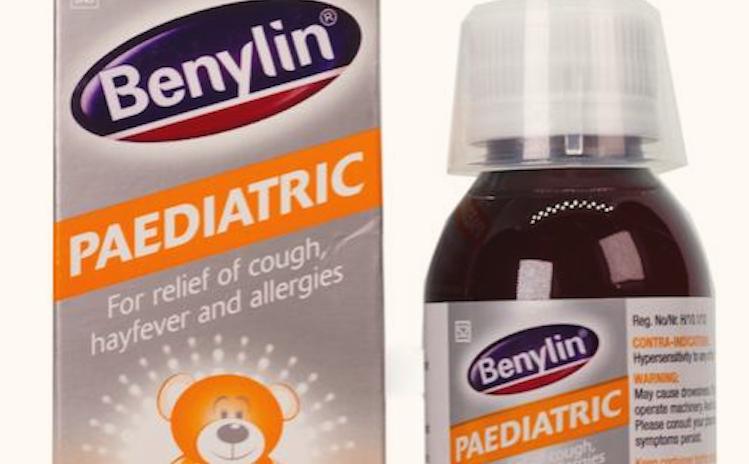Nigeria’s health regulator, the National Agency for Food and Drug Administration and Control (NAFDAC), announced on Wednesday the recall of a batch of Johnson & Johnson children’s cough syrup, Benylin Paediatric, due to a dangerously high level of diethylene glycol, a toxic substance.
This recall follows findings that the syrup, used to treat coughs, congestion, hay fever, and allergies in children aged two to 12, contained an unacceptable level of diethylene glycol, which has been linked to fatal poisonings in several countries, including Gambia, Uzbekistan, and Cameroon, since 2022.
Laboratory tests revealed that the recalled batch, manufactured in South Africa in May 2021 with an expiration date of April 2024, poses acute oral toxicity in laboratory animals and can cause severe symptoms in humans, including abdominal pain, vomiting, diarrhea, headaches, and acute kidney injury, which can lead to death.
NAFDAC urged the public to discontinue the use or sale of the affected batch and to return any bottles to the nearest NAFDAC office. Johnson & Johnson referred inquiries to Kenvue, the current owner of the Benylin brand, which did not immediately respond to requests for comment.
Kenya advised the public to return the product
In a related development, Kenya’s Pharmacy and Poisons Board issued a warning against the distribution, sale, and use of a specific batch of Benylin Pediatrics cough syrup, also manufactured in South Africa, but stopped short of ordering a total recall. The board advised the public to return the product to the nearest healthcare facility.
The recalled batch of Benylin Pediatrics cough syrup is not to be confused with other variations of Benylin syrup, such as the Dry Cough and Original offers, which are still available for sale. The authorities in both Nigeria and Kenya have urged anyone experiencing symptoms after taking the recalled syrup to seek medical attention immediately.
Diethylene glycol is a toxic chemical used in industrial applications and is not intended for human consumption. The World Health Organization (WHO) has warned of the dangers of diethylene glycol and its potential harmful effects on health.










